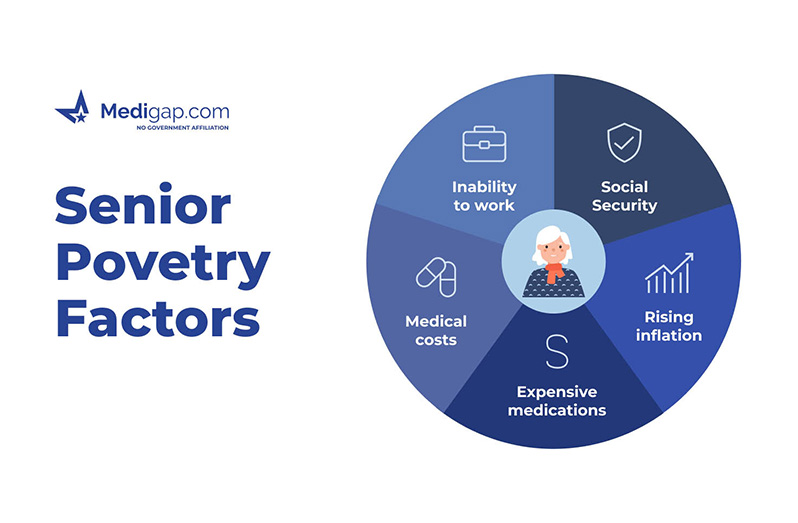THIS column section particularly highlights youth-oriented issues across Guyana. However, as a youth myself, I am concerned by my recent observations amongst the elderly in Guyana. I have noticed many elderly Guyanese facing significant financial constraints. As Guyanese grow older, they should be able to feel a sense of peace and pride. They should be able to reflect on their golden years of nation-building while enjoying the benefits of their hard work. Unfortunately, this is not quite the case for many of our senior citizens. Many are forced into poverty, robbed of their resources, and placed into survival mode just to afford everyday necessities.
Poverty amongst the elderly is almost unheard of, because many elderly remain quiet about their struggles, or they do not have a channel through which to advocate for their needs.

The Economic Commission for Latin America and the Caribbean (ECLAC) highlighted that Guyana’s current pension system is a significant factor in reducing poverty levels among older people. This initiative must be commended. Despite this, many of our elderly are still in poverty. Most pension schemes are often generic, and while the pension serves as an added income for some seniors, that is not the case for most. The pension system is the primary source of income for many elderly individuals in Guyana, as they often lack family support and other resources.
Just as the rest of us are trying to live within our means, they try as well, but with less income than most. Many elderly persons are unable to purchase medication, nourishment and supplements, or pay for food and utility bills. Many are also forced to live alone or under poor living conditions.
The reality of poverty among the elderly is one that cannot be solved solely by increasing income. It calls for social welfare, community support, compassion, and cohesion. While the future of Guyana belongs to the young people, it was the elderly who built the infrastructure and institutions with their bare hands, sweat, and tears. As such, they should not be treated as throwaways or discards of our society.
We need more inclusive and flexible social security schemes for senior citizens. Unfortunately, as prices rise and needs increase, we can no longer rely on a one-size-fits-all approach. For this to change, we need more statistics and data on the true level of poverty amongst the elderly. Note, I mentioned this piece was constructed mainly from my observations. As such, if we are to convince policymakers to create change, we need more information to do so.
One reality that absolutely breaks my heart is seeing an elderly person destitute on the roadways—whether they are homeless, seeking finances, or both. It is not a good reflection of our Guyanese culture of caring and compassion.
As such, it is my hope that Guyana will also invest in more elderly-care facilities and systems that will amplify the impact of elderly support in Guyana. From more elderly care homes and shelters to support groups, mental health services, food banks, and accessible public facilities—it is essential that we consider the value of providing for our elderly.
I often like to think that life is a full circle. We will be elders ourselves one day, and would also like our current policymakers and authorities to consider the hard work and sacrifices we made in the far future.
I hope, as you read this column, that it inspires you to also consider your community and the elderly who live nearby. You can perform your own civic duties by simply knocking on the door to do a welfare check, or offering your services or resources if needed. These are the very people who held Guyana together, long before the tall buildings and oil discoveries. We owe much of our success to them, and they ought to be treated with human dignity and respect.


.jpg)











